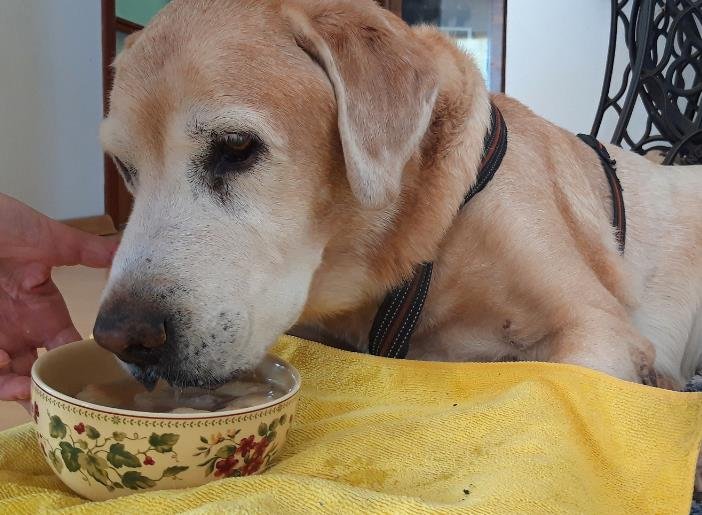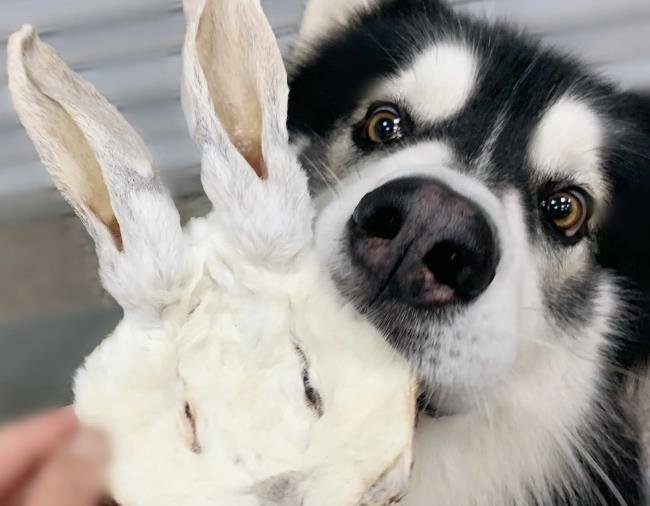Dog nutrition is a complex topic, but here are some facts to consider when feeding your canine companion:

**1. **Protein is Essential: ** Dogs are carnivores, and protein is a crucial component of their diet. It is essential for building and repairing tissues, producing enzymes and hormones, and supporting immune function. Good sources of protein include chicken, beef, lamb, fish, and plant-based proteins like lentils and chickpeas.
**2. Carbohydrates are a Source of Energy: Carbohydrates are another important part of a dog’s diet, providing them with energy. Complex carbohydrates, such as those found in whole grains, are healthier than simple carbohydrates, such as those found in processed foods.
**3. Fats are Necessary for Healthy Skin and Coat: Fats are a concentrated source of energy and are also necessary for the health of a dog’s skin and coat. They provide essential fatty acids that are crucial for maintaining healthy skin and a shiny coat.
**4. Vitamins and Minerals are Important for Overall Health: Vitamins and minerals are essential for overall health and well-being. They play a role in bone health, vision, immune function, and other vital processes. A balanced diet should provide all the necessary vitamins and minerals.
**5. Water is Vital for Life: Water is crucial for a dog’s overall health and well-being. It is essential for maintaining hydration, regulating body temperature, and flushing out waste products. Always ensure that your dog has access to fresh, clean water at all times.
**6. Dogs Have Different Nutritional Needs Depending on Age, Size, Breed, and Activity Level: Different dogs have different nutritional needs depending on factors such as age, size, breed, and activity level. Puppies, for example, need more calories and nutrients than adult dogs, while older dogs may need a diet that is lower in calories and higher in fiber.
**7. Commercial Dog Food Can be a Convenient Option: Commercial dog food can be a convenient option for busy pet owners. There are many different brands and types of dog food available, ranging from dry kibble to wet canned food. However, it’s important to choose a high-quality food that meets your dog’s nutritional needs.
**8. Homemade Diets Should be Carefully Formulated: While some pet owners choose to feed their dogs homemade diets, it’s important to ensure that the diet is balanced and meets all of their nutritional requirements. This often requires consultation with a veterinarian or a certified animal nutritionist.
**9. Snacks and Treats Should be Given in Moderation: Snacks and treats can be a great way to reward your dog, but they should be given in moderation to avoid weight gain and tooth problems. It’s also important to choose treats that are healthy and free from artificial additives.
**10. Regular Veterinary Checkups are Important for Maintaining Good Health: Regular veterinary checkups are crucial for maintaining your dog’s health and well-being. Your vet can monitor your dog’s weight, nutritional status, and overall health, and provide recommendations for any necessary changes to their diet or lifestyle.
Remember, every dog is unique, and what works for one dog may not work for another. It’s important to consult with your veterinarian to determine the best diet for your dog’s specific needs.








